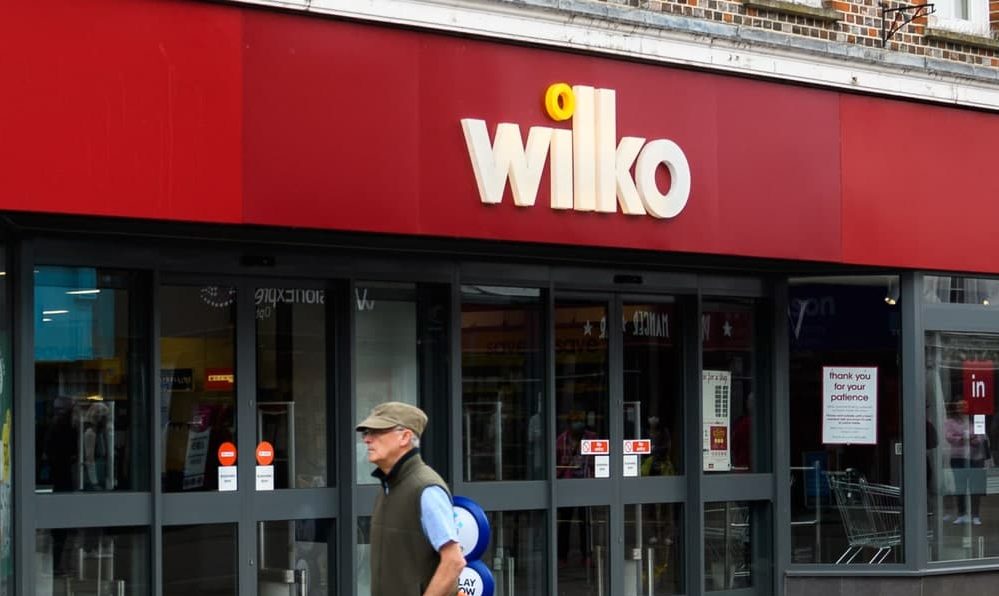High Street homeware retailer Wilko has entered administration after failing to secure a rescue deal.
It has sparked concerns over the fate of its 400 stores and 12,500 employees.
Bosses are continuing to look for emergency investment.
The stores will remain open temporarily without immediate job cuts, and staff will continue receiving paychecks.
Read More: Wilko On The Verge Of Bankruptcy, Putting 12,000 Jobs At Risk
The administration process is overseen by PricewaterhouseCoopers (PwC).
The firm will look for potential buyers for the entire group or parts of it.
PwC’s Jane Steer acknowledged the unsettling nature of the development, expressing its impact on the dedicated team members and the communities the company serves.
Wilko CEO Mark Jackson said management had “left no stone unturned” in its bid to save the business.
He said: “But we must concede that with regret, we’ve no choice but to take the difficult decision to enter into administration.”
Read More: Job Losses Loom As Nottingham Building Firm Enters Administration
Now, the company’s future depends on finding a buyer.
Wilko could be one of the most significant casualties of this year’s challenging High Street environment if none emerges.
Collapse was “unavoidable”
Although linked to broader industry trends, the company’s collapse has been seen by the GMB union as avoidable.
While Wilko has grappled with financial challenges for a while, last week’s declaration of its intention to appoint administrators marked a turning point.
Read More: The Original Factory Shop Will Buy Former M&Co Stores To Create 160 New Jobs
Despite a ten-day window to secure a rescue, no agreement was reached.
The potential for job losses remains contingent on the outcome of PwC’s search for a buyer.
Meanwhile, Wilko’s suspension of home deliveries further underscores the severity of its financial predicament.
Analysts and industry experts highlight the changing dynamics of consumer behavior, increased margin pressures, and Wilko’s inadequate response as key factors leading to this outcome.
Need Career Advice? Get employment skills advice at all levels of your career
The retailer’s inability to adapt to evolving retail landscapes, including shifts to online platforms and out-of-town shopping centers, has contributed to its downfall.
Retail Economics CEO Richard Lim said: “Against the backdrop of seismic shifts in consumer behaviour and the intense pressure on margins, the business was too slow to react to these mounting challenges and paid the ultimate price.”
Founded in Leicester and owned by the Wilkinson family, Wilko’s role on the High Street gained prominence after the demise of Woolworths in 2008.
Its history dates back to the 1940s when it initiated home deliveries and continued operating during World War Two, catering to residents’ needs during air raid shelters.




